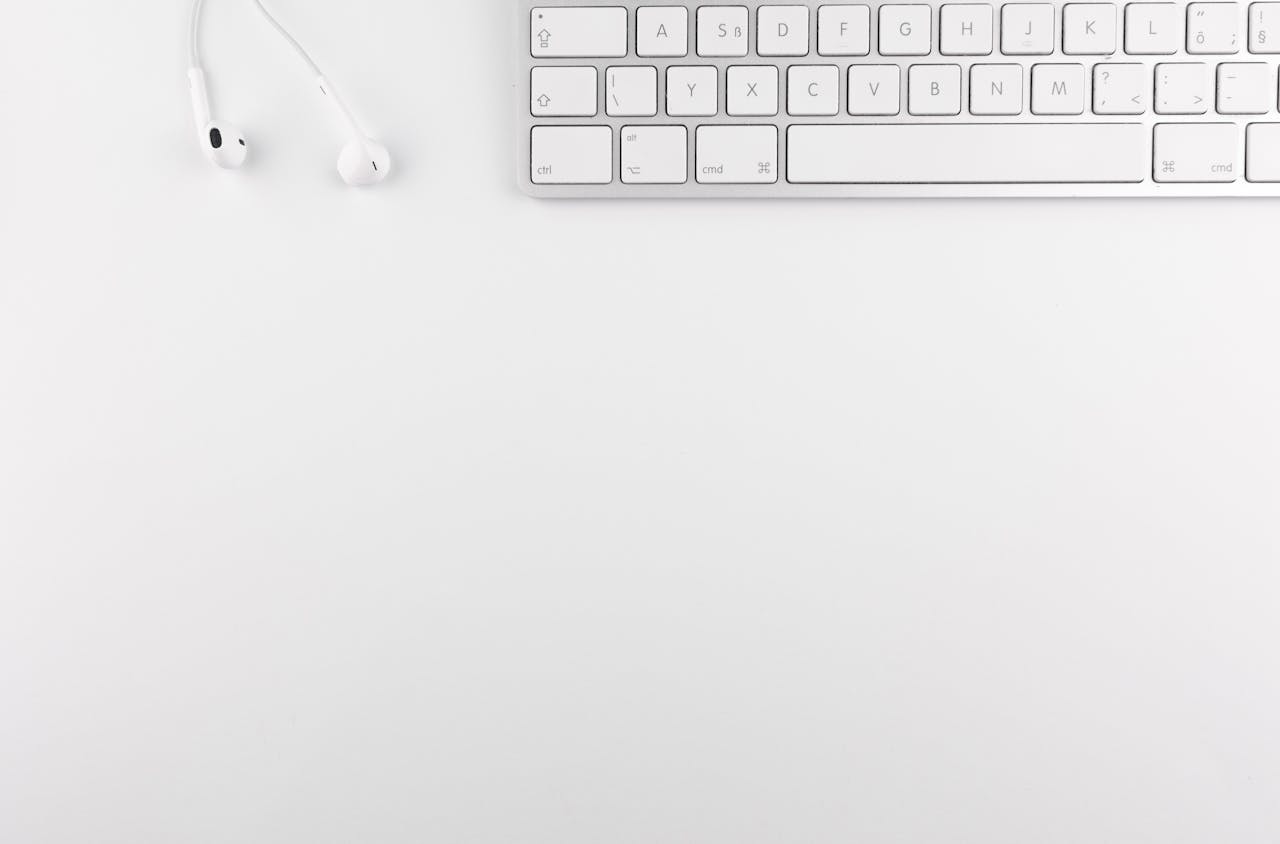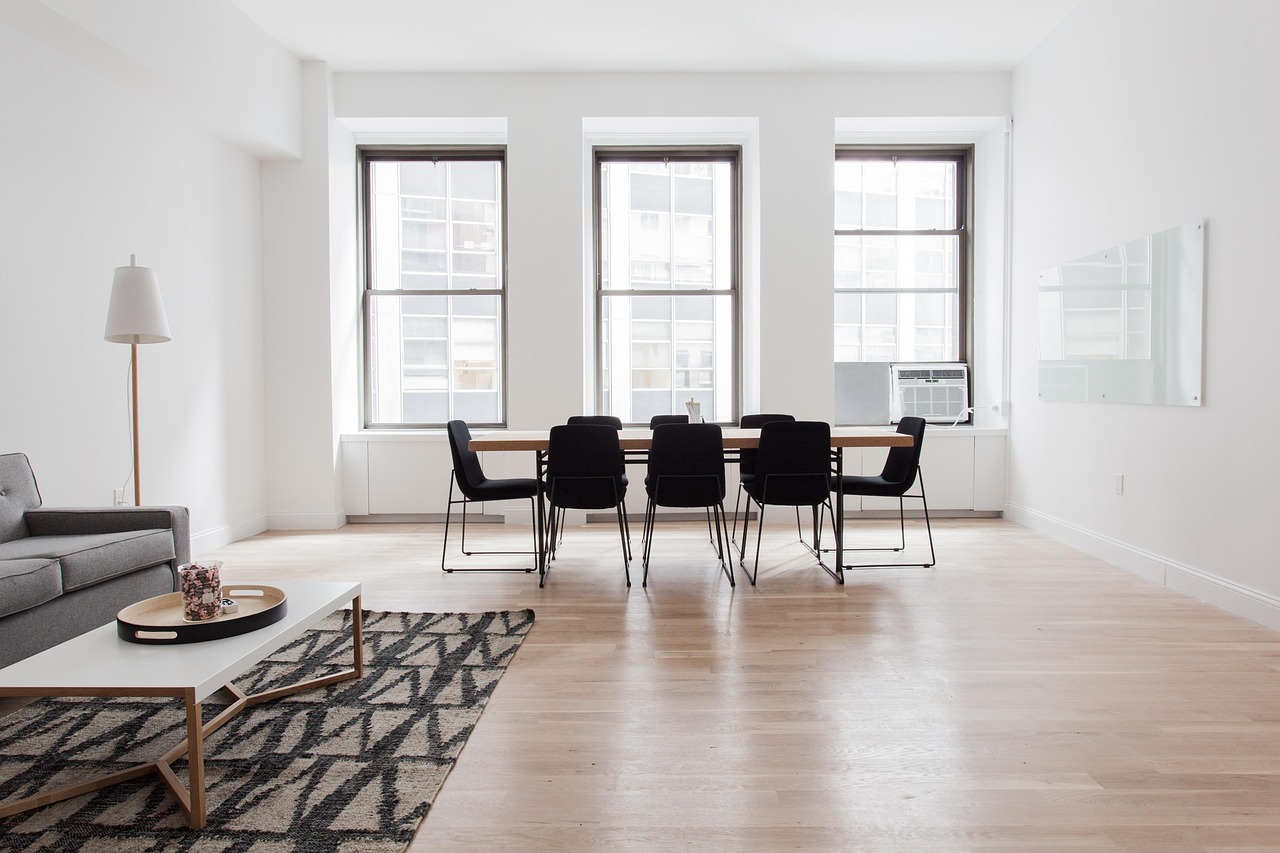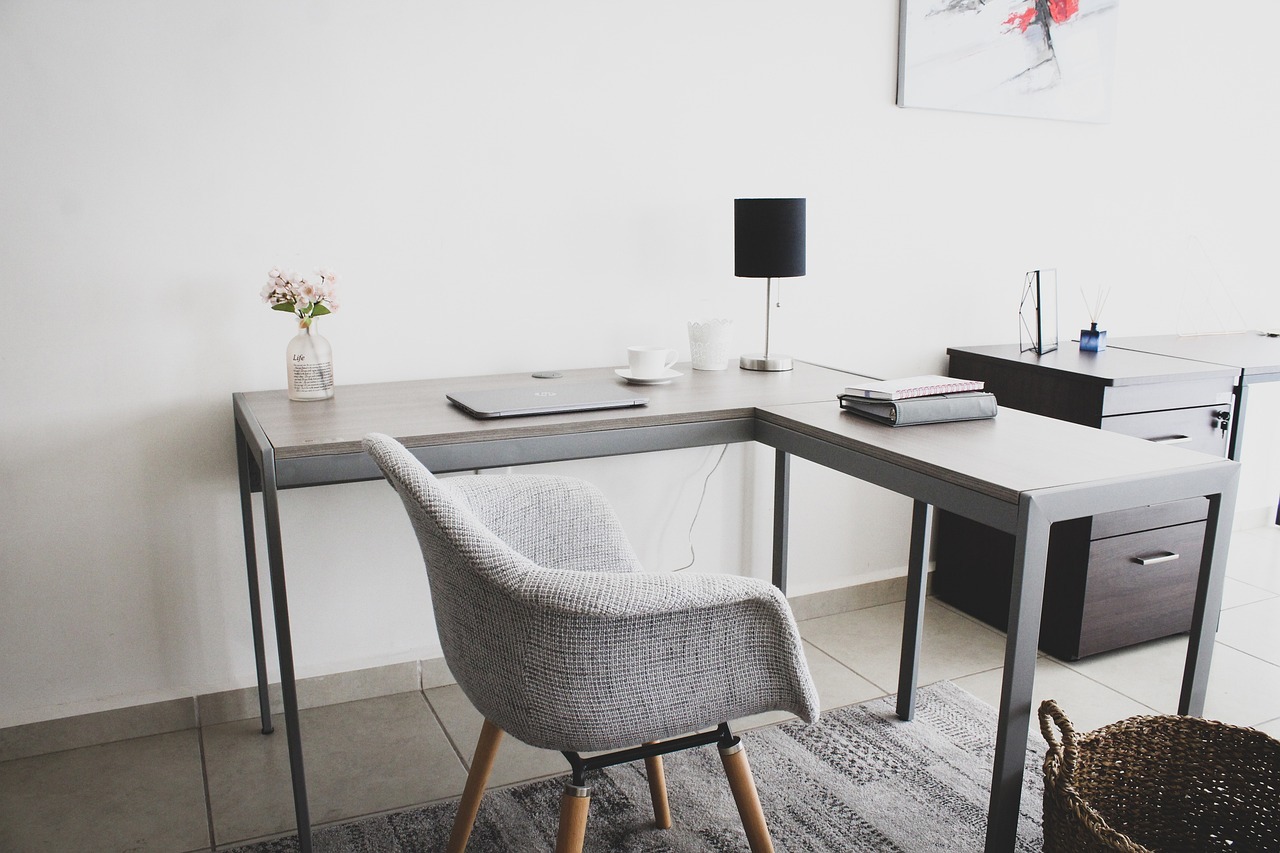Stepping into the world of minimalism kinda felt like joining one of those clubs everyone talks about these days. “Less is more,” they all say, right? But why does this whole idea hit home for so many folks? Why are people tossing away the extra stuff and choosing to live with just what they need? Well, let me share a bit of my own story with you because minimalism isn’t just a passing phase. It’s got some real roots, grounded in science, and honestly, it might just turn your life on its head in the best way possible.
Picture this: I used to be a hoarder, not in the wild reality TV kind of way, but my collection of things, while manageable, was still way too much for my own good. I placed a lot of my comfort and nostalgia in every T-shirt and trinket I owned. But then, there came this moment when I looked around and noticed that instead of bringing me joy, my stuff felt more like a pile of bricks weighing on my chest. That’s when minimalism came in like a fresh breeze.
Decluttering the Mind
It’s more than just tidying up. When you clear out the extra clutter from your space, you’re also clearing the jumbled mess in your mind. Studies have shown that a chaotic environment can ramp up stress and anxiety—yikes! Just think of those ancient textbooks and papers scattered on your desk from the long-gone college days. Stressful, right? Shedding that physical clutter is like turning the noise down in your head. There’s this thing in psychology called “embodied cognition,” which is the idea that our surroundings play a part in how we feel and think. Once I trimmed my stuff down, it felt like throwing open the windows in a sealed-off room—clarity and relief washed over me. It was like breathing in fresh air!
A Lesson in Contentment
If you’ve heard about “the hedonic treadmill,” you’re already in the know. Basically, it says that after we’ve jumped through life’s big hoops, we usually settle right back to our usual happiness level. Even with new cars, houses, or shoes, you eventually land back at square one with your happiness. But minimalism flips that idea on its head. When you choose less, you savor more. It brings you to a point where you appreciate what you have rather than dwelling on what you don’t.
I realized through all my stuff-hunting, I ignored what truly mattered—investing time with loved ones, exploring new experiences, and nurturing personal growth. Stripping away distractions revealed that joy didn’t live in material things. This isn’t just some fluffy feel-good idea either; it’s something that evolutionary psychology also talks about. By deeply engaging with what we have, it reshapes our brains for genuine satisfaction.
Simplicity in Choices
We’re living in a world swimming in an ocean of options. Endless brands of cereal, a million TV shows to stream, and yes, don’t even get me started on online shopping. That feeling of overwhelm when picking a movie or deciding what to eat—decision fatigue is real! You’re not alone in this. Barry Schwartz, the psychologist, did some fascinating work on “The Paradox of Choice” which shows that too many options can drag us down with stress and dissatisfaction. Minimalism curtails those choices, letting life be simpler, leaving room for what truly matters.
When I shrank my wardrobe down to just the essentials, my mornings became so much less stressful. And, funny enough, I found a clearer sense of who I am and what really reflects my style. Who’d have thought having less could make you more certain of yourself? Like magic, I tell you!
Benefits for the Planet
Oh, and let’s not forget the big picture—our dear planet Earth. Minimalism’s reach goes beyond just our personal change; it ripples out to environmental sustainability, too. There’s some solid science behind this. Overconsumption harms our planet massively—landfills overflowing, energy resources getting gobbled up, ecological footprints ballooning. By choosing the minimalist path, you’re not just cutting down the clutter in your life, you’re being kind to our planet.
I used to chase all those sales, reveling in the thrill of it all. But then you find yourself in this exhausting loop—buy, consume, toss. It’s tiring, for both your wallet and conscience. Minimalism broke that cycle. By owning less and buying less, you’re steering away from the demand for mass production and waste.
Mindfulness in Practice
Tying this into mindfulness, minimalism nudges us to live with purpose. It’s easy to coast through life on auto-pilot, grabbing things just because society nudges us. But aligning with minimalism brings intentionality to every decision. Mindfulness research shows all sorts of perks, from slashing stress to amping up focus. It’s like the yoga of life choices.
Once I embraced minimalism, I became more thoughtful not only about my belongings but also about my life choices—my diet, how I spent my time, and the people I surrounded myself with. It was like peeling back layers revealing a truer version of me.
The Journey Continues
Now, don’t get me wrong. I’m not claiming to be the perfect poster child for minimalism. I still have my slip-ups, those moments when I’m itching for that new gadget or another pair of sneakers. And that’s cool—minimalism isn’t about being perfect. It’s about awareness and balance. Even with my little quirks, like my collection of vintage teacups I can’t let go of, I know minimalism is a journey.
Embracing this lifestyle has been transformative—it’s like adding years to your life, with more intention, fulfillment, and happiness. It’s about valuing quality over quantity, finding essence over excess. And while the world buzzes around us and trends come and go, these principles hold steady. They’re not just a bandwagon to hop on—they’re backed by science and a path to authentic living.
So, is minimalism for everyone? Maybe, maybe not. But if you’re teetering on the edge of curiosity, pondering that leap, think about what’s beyond just collecting stuff. Minimalism stands strong on the ground of science, holding the promise of a more peaceful, fulfilled, and meaningful life.







